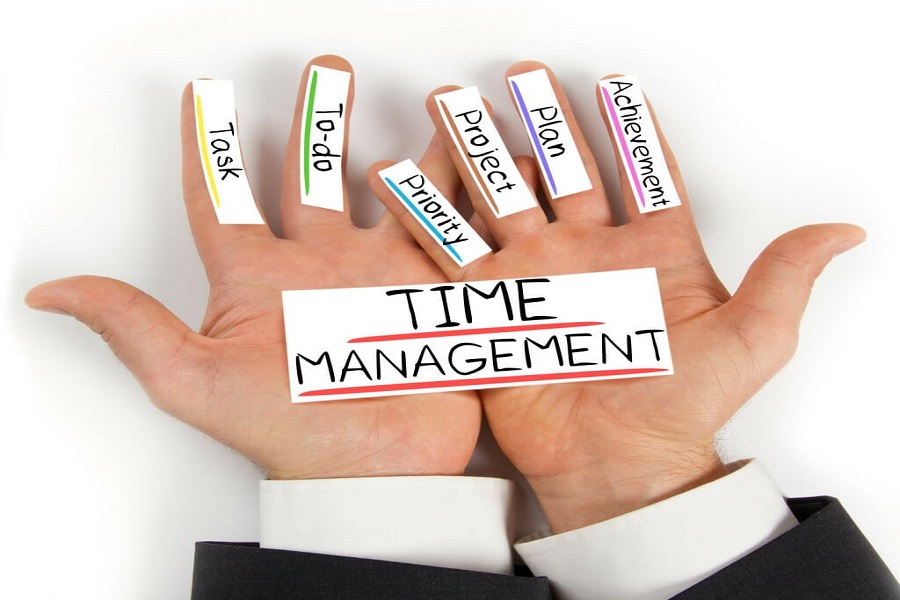This week l want to talk about the Eisenhower Matrix and its use in personal financial planning. The Eisenhower Matrix is a productivity strategy used for organizing tasks. It allows the owner of the matrix to decide how to address a multitude of tasks.
General Eisenhower was a man with many responsibilities; he was the 34th President of the United States. Before that, he was the Supreme Commander of the Allied Forces in Europe during WW II, President of Columbia University, and the first Supreme Commander of NATO. Eisenhower was a man that had to organize his activities and maximize his time. The matrix named after him groups all tasks into four separate buckets as below.
- Important but not urgent: These are tasks that you can schedule to do later.
- Urgent and Important: These are tasks that you must do immediately.
- Urgent but not important: These are tasks that you can delegate to get done.
- Not Urgent, not important. These are tasks that you ignore, reduce or do later.
The beauty of the matrix is that it is timeless. You can have an Eisenhower Matrix for daily tasks or annual tasks. It forces you, the owner of the tasks, to focus on time-bound and essential tasks.
What’s Important? What’s Urgent
Gen Eisenhower was quoted as saying, “What is important is seldom urgent, and what is urgent is seldom important.”
Their impact on the overall goal determines important tasks. For instance, eating healthy is important to your overall goal of healthy living. Urgent tasks need immediate attention; they may not be impactful or important in the long run but need immediate attention. E.g., if you are cooking a healthy meal and it starts to burn in the oven, you have to take care of it urgently.
When applied, the matrix introduces focus. With focus comes clarity and time to take care of decisions with the most impact. Figure 1 shows a sample of the Eisenhower Matrix from the Corporate Finance Institute.
Figure 1

The Eisenhower Matrix in Practice
Let us apply the Eisenhower matrix. First, list the tasks that need to be done, then we tag tasks as Urgent and Important.
- Collect rent from tenant (Important, not urgent).
- Travel to AGM of Dangote Cement (Important not urgent).
- Pay subscription to Bloomberg terminal dues in 90 days (Important, not urgent).
- Pay final demand notice for cell phone (Urgent and Important).
- Pay late school fees for a child (Urgent and Important).
- Answer call from credit bureau with the subject line “security breach” (Urgent and Important).
- Delete cold call emails (Not Urgent, Not Important).
- Book flight to London (Urgent, not important).
In Figure 2, we insert the tasks in our matrix.
Figure 2

The efficiency of the Eisenhower matrix is how we treat the various buckets.
- Important but not Urgent: Decide
- Urgent and Important: Do
- Urgent but Not Important: Delegate
- Not Urgent, Not Important. Delete
We can vote by proxy at the AGM, delegate technology to receive rent payments. Still, we must attend to an email from the credit bureau because it may be about a security breach. The cold call email, we do not need to delegate, we work to ensure they do not occur, by buying antivirus that will tag as spam and delete. In essence, the bucket we want to focus on is Important but Not Urgent. By adequately scheduling, we avoid “Urgent and Important from occurring and outsource important tasks that we don’t have the skills to do.
Let’s apply the Eisenhower matrix to personal finances. Remember, the goal is to decide while delegating tasks and avoid urgent situations while eliminating time wasters.
- Important but not Urgent: contributing to your Retirement Saving Account
- Urgent and Important: Paying bills
- Urgent but not important: looking for ways to reduce expenses
- Not Urgent, Not Important. Status spending
In this example, we spend the bulk of our time deciding about our pension and how much to contribute. We are also asking if we want to make additional voluntary contributions e.t.c. These are tasks that are important to the overall long-term goal.
While it is not urgent that we reduce expenses, and we must reduce expenses, we can delegate to technology to perform. For instance, we can use online programs to shop for cheaper deals online. Status spending like taking expensive holidays to be seen in the best beach should be avoided.
Keep in mind; you are the ultimate decision-maker on what is urgent or important; however, in tagging tasks inappropriately, you can overburden the key box called “Important but Not Urgent.”
Finally, a sample Einshowerow Matrix using finance tasks in Figure 3.
Figure 3













